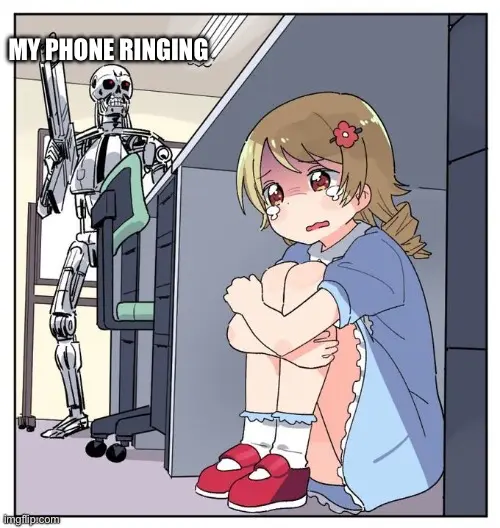Autism
7144 readers
16 users here now
A community for respectful discussion and memes related to autism acceptance. All neurotypes are welcome.
Community:
Values
- Acceptance
- Openness
- Understanding
- Equality
- Reciprocity
- Mutuality
- Love
Rules
- No abusive, derogatory, or offensive post/comments e.g: racism, sexism, religious hatred, homophobia, gatekeeping, trolling.
- Posts must be related to autism, off-topic discussions happen in the matrix chat.
- Your posts must include a text body. It doesn't have to be long, it just needs to be descriptive.
- Do not request donations.
- Be respectful in discussions.
- Do not post misinformation.
- Mark NSFW content accordingly.
- Do not promote Autism Speaks.
- General Lemmy World rules.
Encouraged
- Open acceptance of all autism levels as a respectable neurotype.
- Funny memes.
- Respectful venting.
- Describe posts of pictures/memes using text in the body for our visually impaired users.
- Welcoming and accepting attitudes.
- Questions regarding autism.
- Questions on confusing situations.
- Seeking and sharing support.
- Engagement in our community's values.
- Expressing a difference of opinion without directly insulting another user.
- Please report questionable posts and let the mods deal with it. Chat Room
- We have a chat room! Want to engage in dialogue? Come join us at the community's Matrix Chat.
.
Helpful Resources
- Are you seeking education, support groups, and more? Take a look at our list of helpful resources.
founded 2 years ago
MODERATORS
1
2
3
4
5
6
7
9
10
11
12
13
14
15
16
17
18
19
20
21
22
23
24
25
view more: next ›



